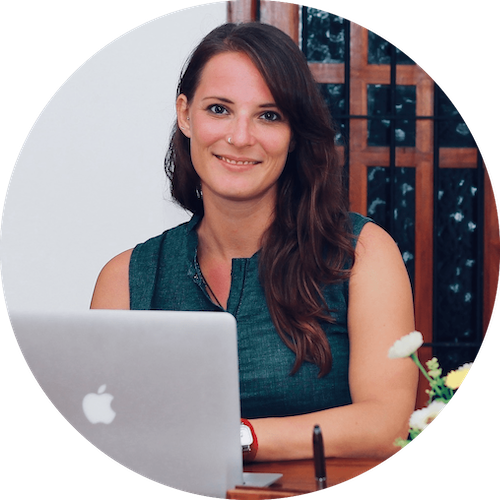Do you know these two personality components within you: the inner critic and the criticized?
It is very interesting to shed light on their relationship with each other and listen carefully to their inner dialogue.
Many people spend most of their time looking outwards at their environment. What happens and takes place in the external world is analyzed and evaluated by the mind. This is the place where our judgments arise.
Today self-criticism and tomorrow self-love?
Do you like yourself? Do you criticize yourself? Do you switch between different perceptions of yourself?
Sometimes you think you are good-looking, smart, nice etc. and sometimes you think you are ugly, stupid and worthless. But who are you really?
Where do these strict and critical self-judgments come from? And where do the other generous and flattering judgments about the seemingly same person come from?
Can you trust the judgments you make? Do they reflect the reality of who you are?
Our self-criticism is the source of the criticism that we have for other people
Do you notice that you sometimes have very negative and critical opinions about other people (for example in the family, among colleagues or friends)? These critiques are jamming and wanting to be expressed, either by internalizing them or telling others about them.
But if you try to put yourself back in the judgmental state of mind, you will probably notice that you did not feel well inside. Who likes negative emotions? And do you like yourself when you criticize others? It is this inner self-criticism that leads to negative judgments of other people.
If you feel good, you can have positive and empathic judgments about the same people. It is indeed the love you have for yourself that results in the love you have for others. Likewise, the negative judgments about others are a reflection of your inner self-criticism.
Where does your self-criticism come from?
In the psychological online therapy this is the first thing I look at with my clients. It is about understanding how the perception of one’s own person has developed. In other words, how has your personality developed?
In the early stages of childhood, it is not certain that you really had such strong opinions and judgments about yourself. But later, it certainly evolved in your head.
The belief system of a child is incredibly malleable. The naivety of the child often ends with what he is told several times. If what is said or communicated comes from adults or a large number of people, then it is almost certain that this child will grow up sincerely for all these opinions, without really questioning them, nor challenging them. Sometimes all these words are even completely forgotten or pushed back into a dark corner of consciousness, and the adult develops very negative opinions about himself without even understanding why. We call this the Inner Critic.
If you have a very low self-esteem and are self-critical, then please ask about your childhood:
Did your parents show you in any way that you are not good enough?
Did your teachers at school tell you that you are bad etc.?
Did you denigrate other children in school and make fun of you?
In your childhood, you can find answers. They thought that what you were told is true. And for a long time. And at many stages of your life when you have failed, that belief has been reinforced.
Make peace with your demons
To stop self-criticism, you must clearly identify where your beliefs come from. Who impressed on you these opinions?
But the work can not stop. If you feel low-esteem or self-criticism, it may also mean that you are critical towards other people and do not value them. But if you can not be affectionate with yourself, how are you supposed to be with other people?
If you have a bad relationship with yourself, this might also affect the relationships with your parents, your partner or other people. It is necessary to name those people about whom you have a critical judgment and then question your opinion about these persons. Only after you have made peace with your emotional enemies can you be at peace with yourself.
Visit my page about low self-esteem to learn more about my specializations and the tools I use for my clients.





[…] too much, and that’s why I am fat.” “I feel very bad now and I hate myself.” At that point, the inner critic voice lights up and the self-blame starts. We can get so sad and depressed about our situation that we […]